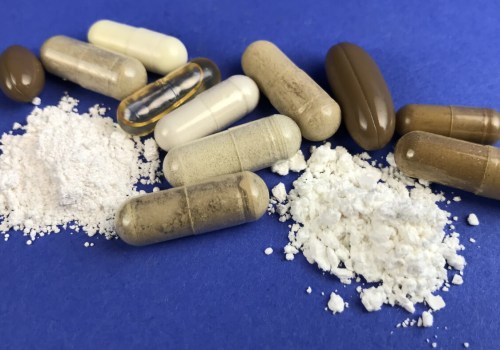It's a common misconception that melatonin is an anti-aging hormone, but studies have revealed that levels of this hormone actually decrease as we age. This is due to the false belief that older people need less sleep than younger adults, when in fact, they need just as much. Although many researchers have suggested that melatonin levels decline with age, more recent evidence has called this theory into question. Therefore, it's important for people over 65 to consult their doctor before taking melatonin supplements, in order to control blood levels of this hormone.
Generally speaking, most people won't experience any side effects from taking melatonin. In a study of 22 people with schizophrenia and tardive dyskinesia caused by antipsychotic medications, those who took melatonin supplements had fewer symptoms compared to those who didn't. Additionally, aged mice experienced a significant reduction in the expression of p53, ac-p53, MDM2 (a negative regulator of the p53 tumor suppressor) and DKK1 (normally induced by the accumulation of amyloid beta), which increased due to the aging process. An exhaustive analysis of the heart cells of elderly rats with acute heart failure showed that chronic intake of melatonin reduced age-associated alterations in the structure of muscle cells in the left ventricle; this treatment also reduced swelling of muscle fibers and the amount of damaged tissue.
In relation to memory impairment associated with Alzheimer's Disease and other neurodegenerative diseases, treatment with melatonin also showed a significant reduction in neuroinflammation in the areas of the brain related to memory in elderly mice, which may be useful in preventing this condition during aging. The relationship between melatonin and aging is so strong that both extrapineal and pineal melatonin are currently considered useful markers of an organism's aging rate. So, if you're over 65 and considering taking a melatonin supplement for anti-aging purposes, it's important to speak with your doctor first. Melatonin supplements can help reduce symptoms associated with certain conditions, but it's important to ensure that your blood levels are properly regulated.






